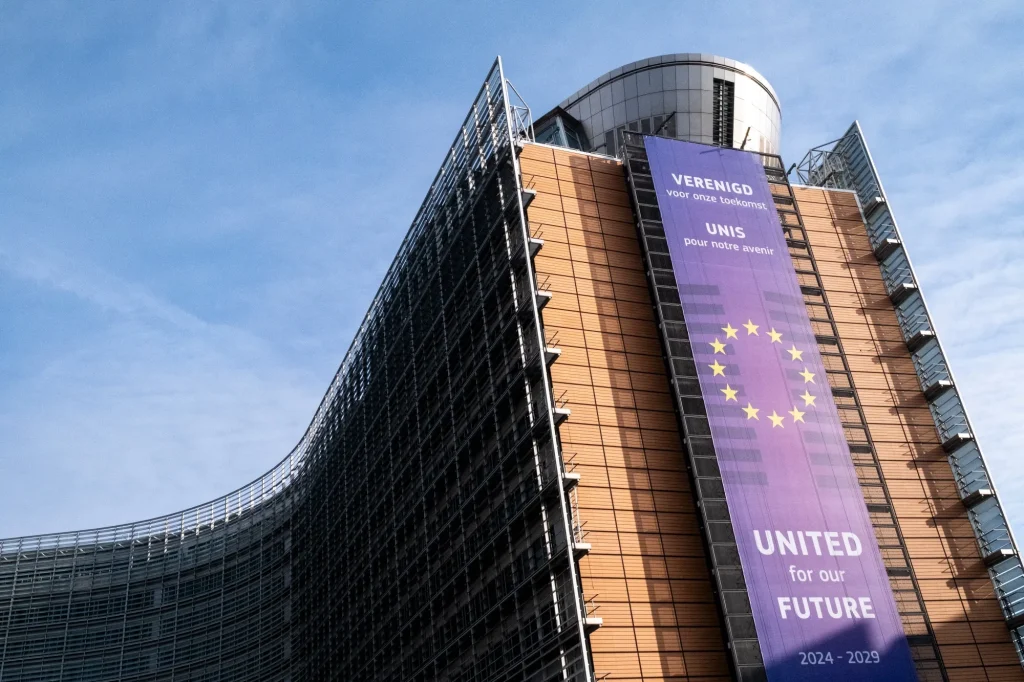EU Lawmakers Scale Back Sustainability Rules, Raising Thresholds for Corporate Reporting and Due Diligence

- EU Parliament’s Legal Affairs Committee approved major reductions to the Corporate Sustainability Reporting Directive (CSRD) and the Corporate Sustainability Due Diligence Directive (CSDDD).
- Thresholds will rise to 1,000 employees for CSRD and 5,000 for CSDDD, with civil liability removed and several exemptions added.
- Business groups pushed for the changes to ease reporting costs, while NGOs warn of weakened EU climate and human-rights standards.
EU Moves to Cut Scope of Sustainability Rules
The European Parliament’s Legal Affairs Committee (JURI) voted on October 13 to approve sweeping reductions to two cornerstones of the European Green Deal — the Corporate Sustainability Reporting Directive and the Corporate Sustainability Due Diligence Directive. Both were intended to force companies to disclose environmental and social impacts across operations and supply chains.
Under the new proposal, CSRD will apply only to firms with at least 1,000 employees and €450 million in annual revenue, up from the original threshold of 250 employees. Financial holdings and listed subsidiaries are also exempt. CSDDD will cover companies with at least 5,000 employees and €1.5 billion in turnover and drops a common civil-liability regime that would have allowed class-action-style lawsuits.
RELATED ARTICLE: EU Lawmaker Pushes for Deeper Cuts to Corporate Sustainability Rules
Competitiveness Concerns Drive the Shift
The vote followed months of lobbying by European business groups and governments — notably France and Germany — that warned the directives could hurt industrial competitiveness and deter investment.
Jörgen Warborn, a Swedish member of the European People’s Party who led the negotiations, said the changes defend “European competitiveness,” adding that the committee “has not been influenced by how the United States perceives this.”
The U.S. Chamber of Commerce had earlier called the directives an “unprecedented regulatory overreach.” A joint letter from French and German CEOs urged President Emmanuel Macron and Chancellor Friedrich Merz to scrap CSDDD entirely.
Critics Warn of Weakened Accountability
Sustainability advocates said the cuts go too far, warning they could undermine the EU’s leadership in corporate transparency and green finance.
“By limiting the availability of essential data, the EU will be compromising on its competitive edge,” said Susanna Arus, EU public affairs manager for Frank Bold. Beate Beller of Global Witness called the decision “a dark day for Europe.”
Next Steps Toward Final Adoption
The Parliament’s position now moves into trilogue negotiations with the Council and the European Commission. Officials aim to reach a final agreement by year-end, though implementation of revised rules is unlikely before 2026.
If approved, the reforms would mark one of the most significant rollbacks of EU sustainability policy since the launch of the Green Deal — reflecting a shift from ambition to pragmatism in Europe’s approach to corporate accountability.












